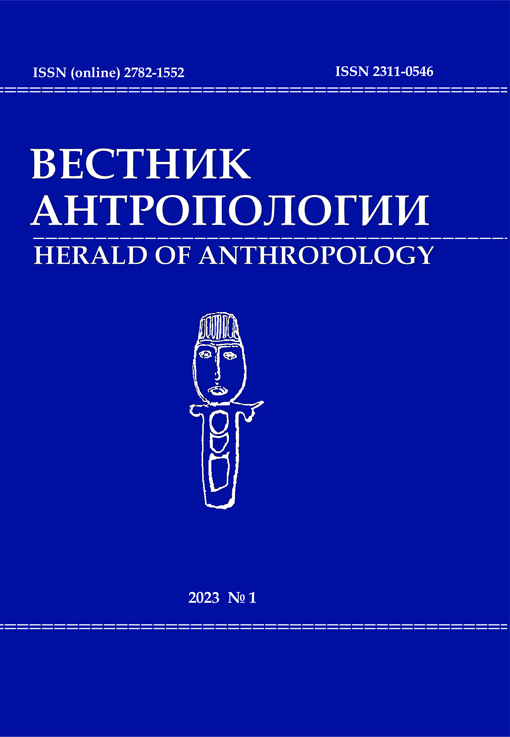Social Anthropological Approaches to School Bullying Research
DOI: 10.33876/2311-0546/2023-1/277-299
Keywords:
school bullying, anthropology of violence, anthropology of childhood, position of an adult, research ethics, norm and deviationAbstract
The article aims to unfold the discussion about the problems and perspectives of socio-anthropological school bullying research. Through the critical review of several theoretical concepts and methodological principles developed in sociology and anthropology of violence, and sociocultural studies of childhood, the author wonders how such concepts might be useful and applicable in the academic research of school bullying. In particular, the review is focused, first, on such theoretical frameworks which consider violence as a deviation, or as a structurally important cultural phenomenon, and second, on the different conceptualisations of childhood, “childhoods” and generations’ relations, elaborated in anthropology and sociology throughout XX and early XXI centuries. Special attention is given to the issue of defining and re-defining concepts of bullying, violence, childhood in various academic discourses, cultural and political contexts. Age and cultural difference between participants of a school bullying research (children, adolescents, adults) and researchers (usually, only adults) is addressed in the light of how it affects research aims, objectives, methods and data, constituting basis of expert/academic knowledge on school bullying. In conclusion, author articulates several theoretical and methodological principles which might be used to approach ethical problems and overcome some organizational difficulties in sociocultural research of school bullying.





















